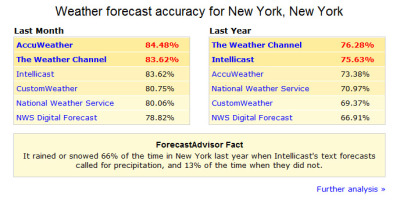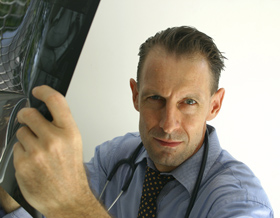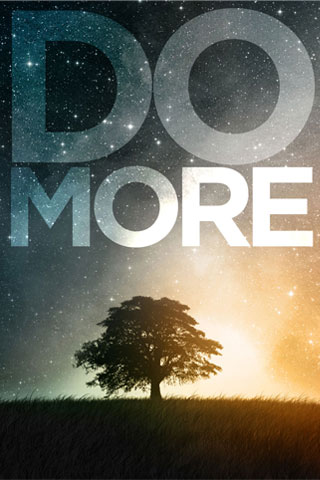 Physicians looking for non-clinical careers in industry can learn from the mistakes of others.
Physicians looking for non-clinical careers in industry can learn from the mistakes of others.
In general, physicians are an independent breed—and have traditionally been captains of their own ship. Some may have gone to medical school partly to become their own boss. Private practice allows for such independent-spirited behavior.
All this seems to be changing, doesn’t it? Rapidly, one way or another, physicians are becoming part of large organizations. Very few graduates of residency programs are starting their own practices—and the number joining a private practice is shrinking. Many are becoming salaried employees of large medical groups or healthcare organizations. This may say something about the lack of independent business sprit among physicians, or it may say something about their lack of options in this regard.
Some may be coping with the situation reasonably well. But what about those who are looking for non-clinical roles in industry? If you choose to pursue a career in a leading medical device or pharmaceutical company, you could be adjusting to a new reality—working for a very large corporation, with tens of thousands of employees. One of the pharmaceutical giants now has over 120,000 employees!
I have worked in both the medical device and pharmaceutical industries for 30 years. My career has involved senior management roles in companies ranging from $100 million in sales and 300 employees to over $15 billion in sales and 20,000 employees. While the overall experience has been very positive, the process was not always smooth for a physician learning about business in real time.
Now, don’t get me wrong. I don’t want to give the impression that the view from the top is not worth the climb in industry. You may very well find the right company with an incredibly rewarding role for the next chapter of your life. But you should go in with your eyes open.
I want to share some observations and insights I have gained in the process of adjusting to working for a large corporation. Yes, there are many books on how organizations should work. But then, corporations don’t always read these books. So, I will draw from my own experience—and the mistakes I’ve made in my career transitions. Why should I be the only one to learn from my mistakes?
First mistake: I thought it would be easy. Since medical device and pharmaceutical companies are in the healthcare arena, I thought the organizations would make it quick and easy for a physician to work in industry. But my experience in medicine did not prepare me for the way a staff member of a large organization has to move at the speed of the whole organization—and in paths the organization had laid out. Large organizations are complex, and their decision-making processes may be convoluted. Organizations have their own cultures and hierarchies, and each has different channels for information. And it isn’t just that the decision-making is a slow and complicated process. Just learning how it works (and how to make it work) requires considerable time and effort. Get ready to learn a whole new language and set of acronyms for each business.
Second mistake: I assumed the organization would adjust for me. The culture of an organization is a complex set of behavior patterns, values, and beliefs. Joining a large corporation requires that you become a part of this culture. Thinking that you can change the culture is hopelessly naïve. Of course, the culture of any organization must evolve, and you may be an important part of this evolution. But ultimately, you will be expected to adjust to the organization rather than vice versa.
Large organizations are a great pool or resources, but these resources are not always there to help you. Change or development in one area usually means de-emphasis in another. As a result, some of the organization will always be skeptical or threatened by change—and may act in ways intended to protect their area at the expense of others. Moreover, even with conceptual support for what you do, everyone is very busy keeping his or her own house in order—and may not have much time to assist you. At times, it feels as though you succeed in spite of the organization rather than because of it.
Third mistake: I assumed I’d have better work-life balance. A clinical practice can be very rewarding. Unfortunately, this comes at a price—for the demands are high, and the hours are long. When I decided to work in industry, I expected there would be some trade-offs. I thought I would have to give up something financially—but I would have more time for family and other interests.
What I have learned is that the demands can be just as high, and the hours can be even longer in a senior management role in a large corporation. Performance expectations revolve around delivering results (measured frequently) and creating value for shareholders and staff as well as patients. Senior executives are expected be available virtually 24 hours a day, seven days a week. And some roles may require a significant amount of travel—and time away from family. While some companies talk about work-life balance, this could prove to be an unrealistic expectation.
 Another barrier falls.
Another barrier falls.




 Post a Comment
Post a Comment






